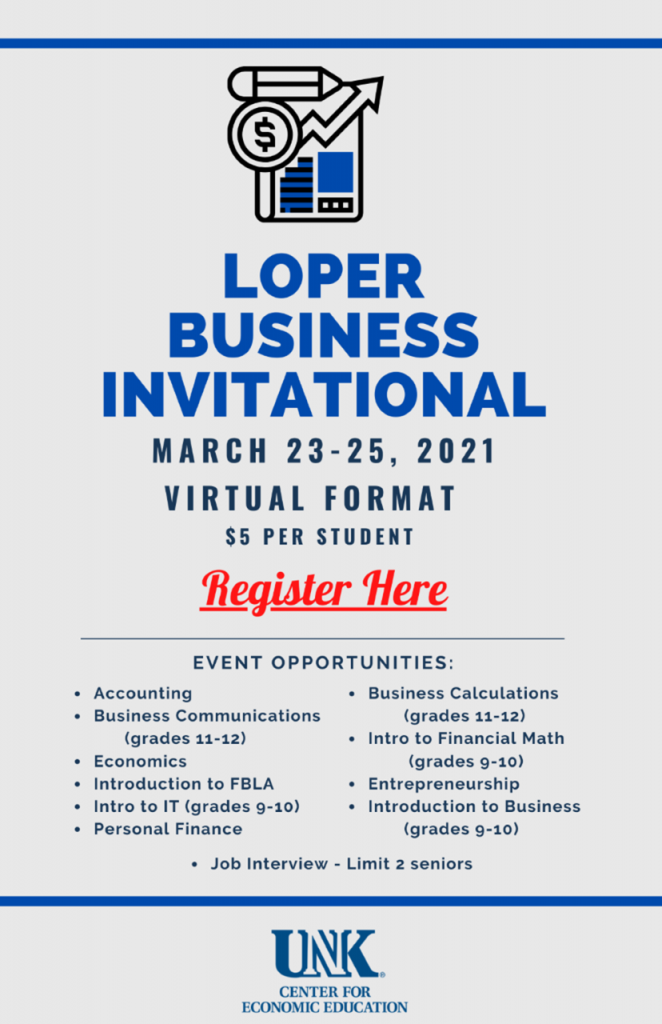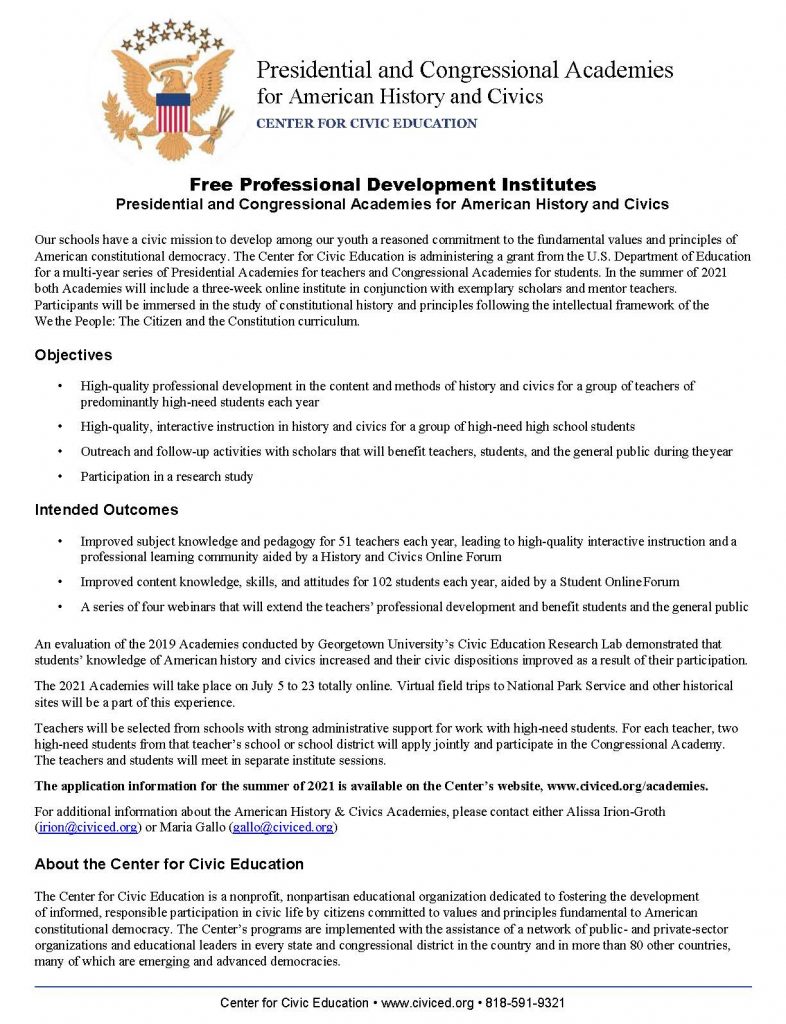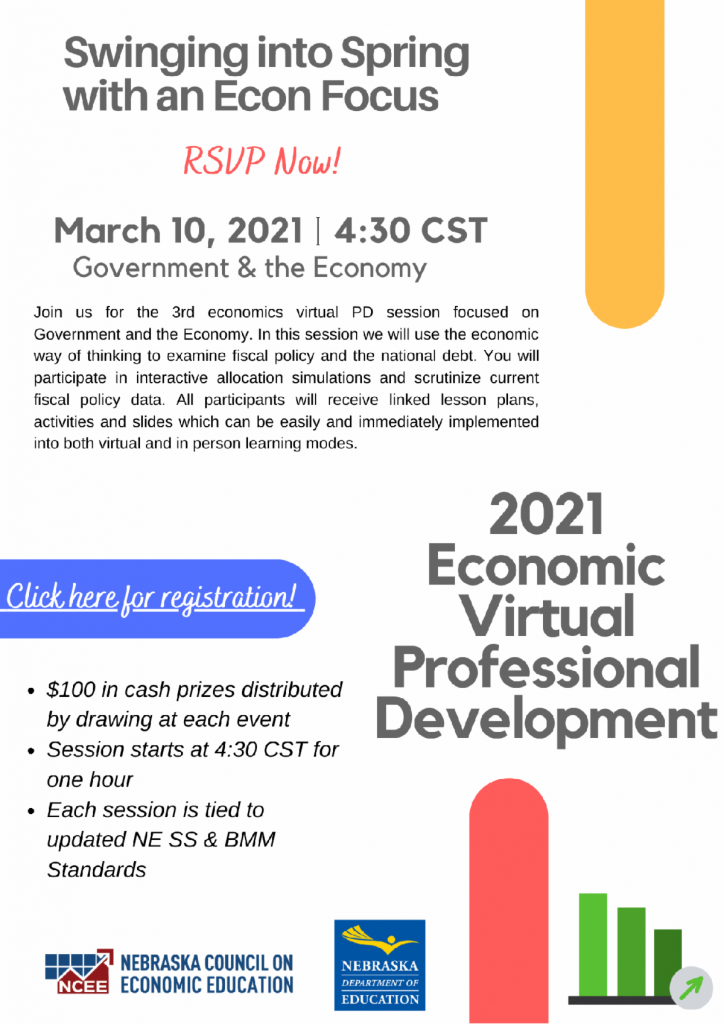March 2021 Newsletter

Example of a Nebraska History Marker.
Happy Nebraska Statehood Day! On March 1, 1867, Nebraska officially became the 37th state of this nation’s union.
From the History Nebraska website:
Our Explore Nebraska History app is the easiest way to find Nebraska Historical Markers in your area or access marker information from afar. You can download it on the App Store or Google Play. There is also a desktop version.
Women’s History Month Resources
It’s March and that also means that it is Women’s History Month. Women’s History Month had its origins as a national celebration in 1981 when Congress passed an act which authorized and requested the President to proclaim the week beginning March 7, 1982 as “Women’s History Week.” Throughout the next five years, Congress continued to pass joint
resolutions designating a week in March as “Women’s History Week.” In 1987 after being petitioned by the National Women’s History Project, Congress passed another additional legislation which designated the month of March 1987 as “Women’s History Month.” Below is a list of resources for Nebraska Educators to access and use lessons relating to Women’s History Month.

From 60 Seconds Civics website:
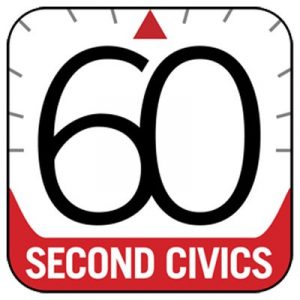 60-Second Civics is a daily podcast that provides a quick and convenient way for listeners to learn about our nation’s government, the Constitution, and our history. The podcast explores themes related to civics and government, the constitutional issues behind the headlines, and the people and ideas that formed our nation’s history and government.
60-Second Civics is a daily podcast that provides a quick and convenient way for listeners to learn about our nation’s government, the Constitution, and our history. The podcast explores themes related to civics and government, the constitutional issues behind the headlines, and the people and ideas that formed our nation’s history and government.
60-Second Civics is produced by the Center for Civic Education. The show’s content is primarily derived from the Center’s education for democracy curricula, including We the People: The Citizen and the Constitution, Foundations of Democracy, and Elements of Democracy.
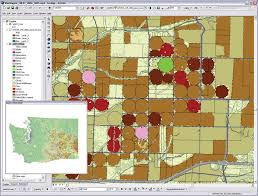
Example of what food and agricultural web mapping using spatial tools could look like.
From the article Abstract:
Food and agriculture as geographic subjects connect well with climate, weather, river systems, landforms, and the politics and resources inherent in irrigation or draining the land, biodiversity, agricultural methods, customs, cultural history and change, technological development, population and immigration, and other topics. Teaching and learning about food and agriculture in an effective, engaging manner is enriched through the use of web mapping tools and spatial data. These tools, enabled by the advent of cloud-based Geographic Information Systems (GIS) technology, bring problem solving, critical thinking, and spatial analysis to every classroom instructor and student.
 Open Social Studies (formerly called Understanding Our World), is an inquiry-based and literacy-focused K-6 social studies curriculum. It is free and open source.
Open Social Studies (formerly called Understanding Our World), is an inquiry-based and literacy-focused K-6 social studies curriculum. It is free and open source.
Starting in the early elementary grades, all children should receive regular instruction in the social studies, which includes history, civics, geography, and economics. However, there are real pressures on schools and teachers to increase the amount of instruction in other subject areas, which often comes at the expense of their social studies time.
This curriculum was built to help teachers in K-6 schools regularly enact powerful and authentic social studies in their classrooms that will also meet essential literacy goals (linking every lesson to the Common Core State Standards). In other words, it leverages the richness of social studies content to help students learn to read, write, and think critically while exploring the past and present world around them. Moreover, it aims to make every single lesson culturally relevant, connecting to the racial, ethnic, gender, class, language, and immigration experience of the increasingly diverse United States.
From the Making Inquiry Possible website:
In two short introductory films, we lay the groundwork for inquiry-based instruction in social studies classrooms and outline the origins of the Making Inquiry Possible (MIP) project, preview the films that are featured on this site, and orient the viewer to the professional learning resources available to support educators in making inquiry possible in their own classrooms and districts.
In Part 1, Dr. Kathy Swan tackles the foundational question: Why inquiry? In Part 2, Dr. Kathy Swan answers the project question: What is the Making Inquiry Possible project?
From the Open Ended Social Studies website:
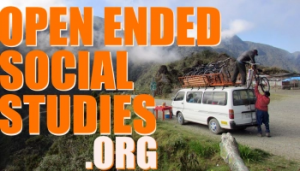 Lesson plans to foster a sense of wonder about the world and our place in it!
Lesson plans to foster a sense of wonder about the world and our place in it!
An Open Ended History is a free online history textbook adapted and expanded upon from open sources. Its chapters are designed to address most state standards, splitting the difference between overarching themes, concise summary, and the kinds of vivid, personal details that make history memorable to the average student. Please use and share freely – to supplement or replace what you have at hand.
From the NCSS website: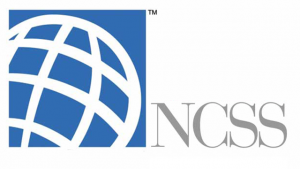
The NCSS Advocacy Toolkit is an educational resource and planning tool of the National Council for the Social Studies that has been created and developed for non-profit educational and research purposes with the objective of advocating for social studies education. The Toolkit can be freely used for these non-profit purposes.
The Toolkit includes links to materials that may be copyrighted, and the Toolkit makes fair use of these materials for educational purposes. Those who wish to use any of these materials for purposes that go beyond fair use should obtain permission from the copyright owner.
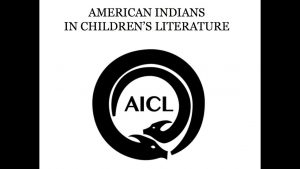
From the American Indians in Children’s Literature website:
A primary purpose of American Indians in Children’s Literature (AICL) is to help you know who Native people are. That knowledge can help you understand why Native people object to being misrepresented. Though we are certain that no author ever sets out to deliberately misrepresent Native people, it happens over and over again. Information is the only way to counter those misrepresentations. On American Indians in Children’s Literature, we publish analyses of children’s books, lesson plans, films, and other items related to the topic of American Indians and/or how this topic is taught in school.

